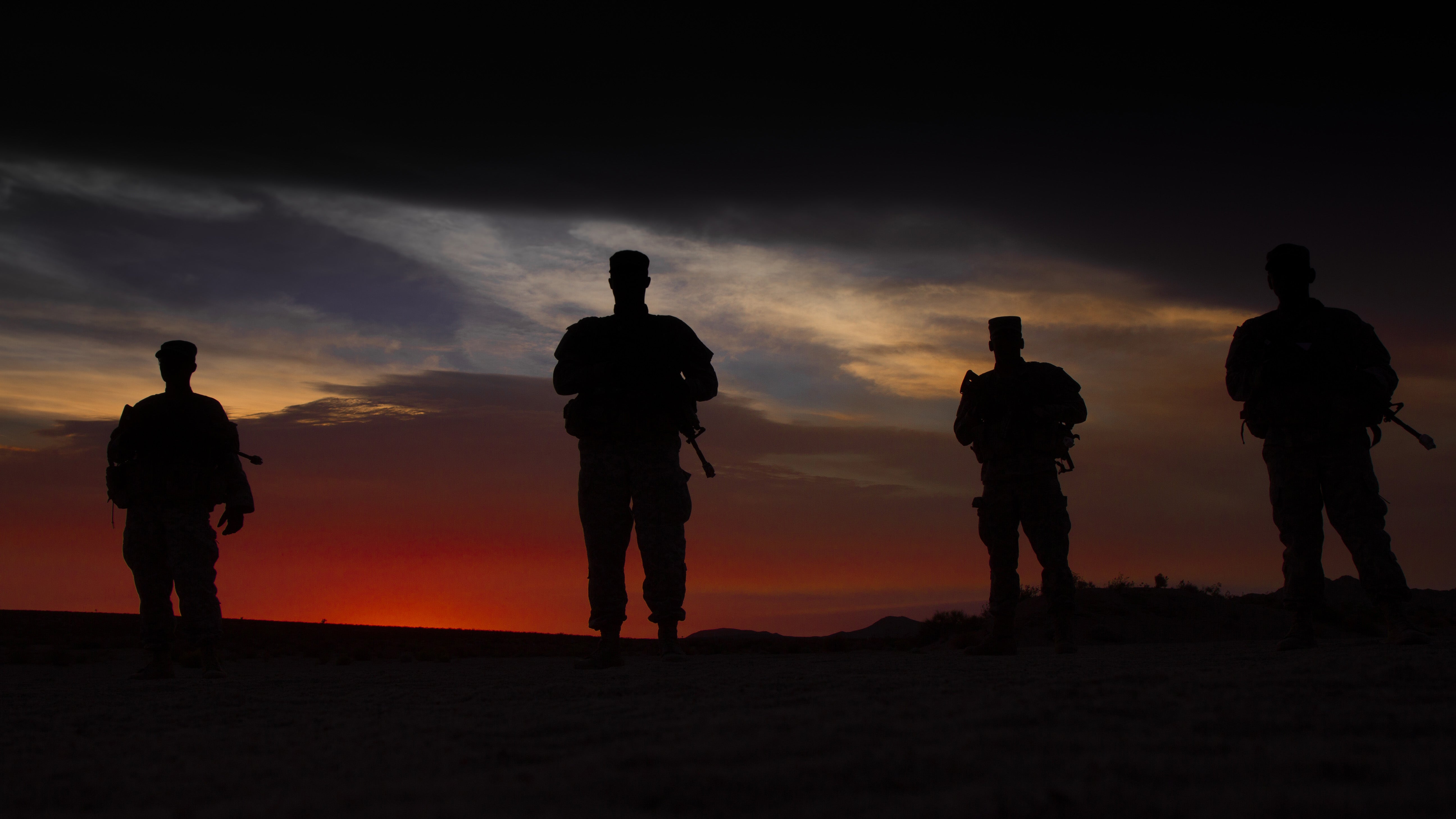New White House Plan Aims to Reduce Military Suicides
New White House Plan Aims to Reduce Military Suicides

The White House has released a new public health strategy to reduce military and veteran suicides that tries to focus on action rather than awareness.
Released Nov. 2, the 18-page guidance acknowledges the government—including DoD and the Department of Veterans Affairs—isn’t doing enough. “We are falling short,” President Joe Biden writes in the introduction. “In an average day, 17 veterans die by suicide—not in a far-off place, but right here at home. Two service members on average die by suicide every day of the year. They’re our daughters. Our sons. Parents. Spouses. Siblings. Beloved friends and battle buddies.”
There has been much research and many programs aimed at suicide prevention. The new effort tries to focus on more direct action, with a series of priority goals such as taking steps to keep a person who’s in a crisis away from firearms or medication, expanding access to crisis care, and making mental health care more widely available to service members, veterans and their families.
The White House initiative also seeks to increase suicide prevention research and coordination of research so there is less duplication and more focus on action.
There is nothing wrong with raising awareness about suicide, the White House paper says, but there needs to be an equally strong effort focused on engagement. “Efforts must extend beyond calls for public education campaigns and include policies and programs designed to change behaviors among leaders and supervisors, peers, family members, as well as health and social service providers,” the paper says.
It is also important to tailor programs for subgroups and individuals because “evidence suggests that one-size-fits-all approaches will not be effective,” the paper says. That means different strategies may be needed for groups that are seen as higher risk, such as soldiers under the age of 30, white men over the age of 55 and survivors of military sexual trauma.
This effort comes as the number of military suicides increased by 15% in 2020 over the previous year.
To read the White House report, click here.

